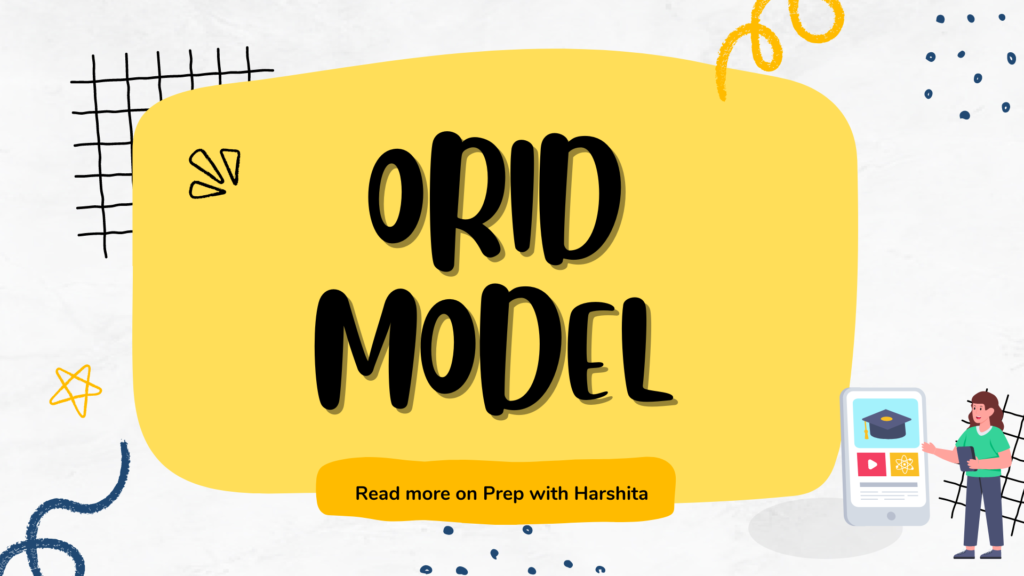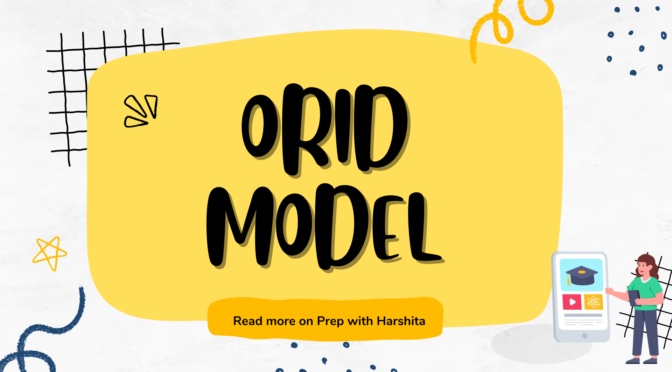Interpretive: In the Interpretive stage, learners delve deeper into the content to analyze and interpret its meaning. They explore the “how” and “why” questions, seeking to understand the underlying principles, relationships, and implications of the topic. Educators guide learners through critical thinking exercises, discussions, and analysis of case studies or examples to deepen their understanding.
Decisional: The Decisional stage focuses on applying what has been learned to real-world situations and making informed decisions. Learners are challenged to synthesize their understanding and take action based on their knowledge. This may involve problem-solving activities, role-playing scenarios, or project-based learning tasks. Educators support learners in identifying actionable insights, developing plans of action, and reflecting on the outcomes of their decisions.
By guiding learners through each stage of the ORID Model of Learning, educators facilitate a comprehensive learning experience that promotes active engagement, critical thinking, and meaningful application of knowledge. This model encourages learners to explore, reflect, analyze, and apply their learning in a structured and systematic manner, leading to deeper understanding and retention of the material.
Also Read: Role of Teacher in Experiential Learning



GLOBAL BUSINESS ELITE YOUR WHOLESALE SUPPLIER OF AGRICULTURAL AND INDUSTRIAL COMMODITIES
We are a global company providing food, ingredients, agricultural solutions and industrial products that are vital for living. We connect farmers with markets so they can prosper. We connect customers with ingredients so they can make meals people love. And we connect families with daily essentials from eggs to edible oils, salt to skincare, feed to alternative fuel. https://globalbusinessltd.co.uk/
Global business elite
copper cathode
aluminium wire scrap
scrap processor
scrap cpus
waste paper scrap
fridge compressor scrap
cable scrap
scrap copper wire
waste paper for sale
ceramic cpu scrap
icumsa 100
cpu scrap
wholesale sugar suppliers uk
scrap processor
scrap central processing units
occ paper scrap
occ waste paper scrap
nut prosper globe
ocopper cathode specifications
sachet water filling and sealing machine
insulated copper wire scrap
waste paper supplier
recycled copper wire
copper scrap wire
occ waste paper suppliers in uk
processor gold recovery
waste paper supplier
ccopper wire scrap millberry
https://mazda-demio.ru/forums/index.php?autocom=gallery&req=si&img=6334
The important thing that everyone should focus on in the slot formula is the right investment. สล็อตเว็บตรง
With PGSLOT.COM, you can make money easily with the slot formula. website
We will invest your money. The most important thing is that you can invest without being a burden to yourself. สล็อตวอเลท
Or it can be called cold. But if you don’t have money here
You have to distribute your money well and it doesn’t affect your life too much click